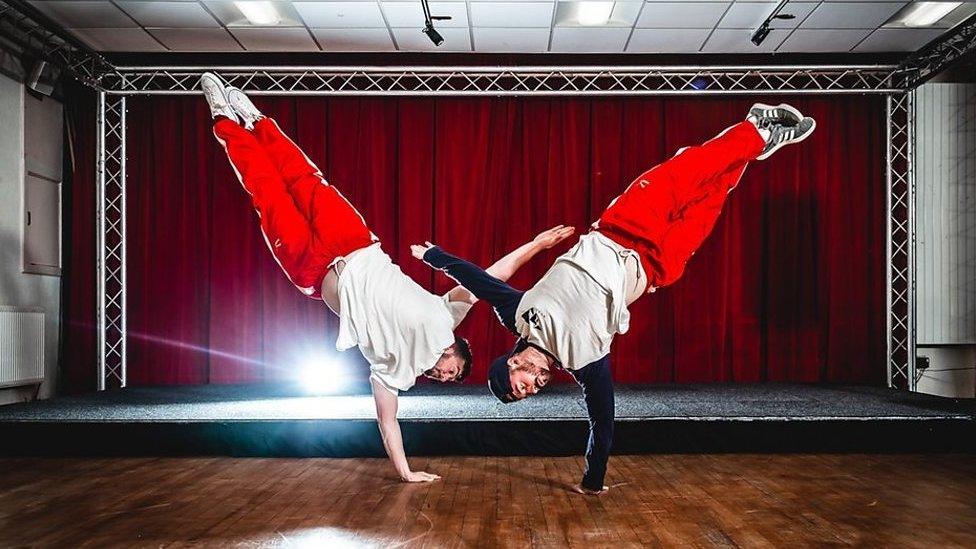Wales arts: Publicly funded bodies 'not reaching poor'
- Published
- comments
A full-time BTEC in dance introduced Iestyn James to new styles of dance.
Big arts bodies given public funds should be more accessible to people in poverty, AMs have said.
They reacted after a community dance group told the Welsh Assembly bodies that label people as "hard to reach" were "not trying hard enough".
The assembly's culture committee called for greater investment in programmes taking the arts to disadvantaged areas.
The Arts Council of Wales (ACW) said it recognised there was work to be done to reach more widely into communities.
Kathryn Williams, from Rubicon Dance, a community dance development organisation for Cardiff and Newport, told the committee during an inquiry the arts world needed to think about "hard to reach" communities differently.
"In our experience, the communities that we work with wouldn't consider themselves hard to reach, they wouldn't describe themselves as disadvantaged, but they do think of these institutions as really, really distant, and that has informed the way that we work as an organisation," she said.
"We deliberately take what we do to people and we co-create with them... If we are saying, 'These people are hard to reach,' we are not trying hard enough."
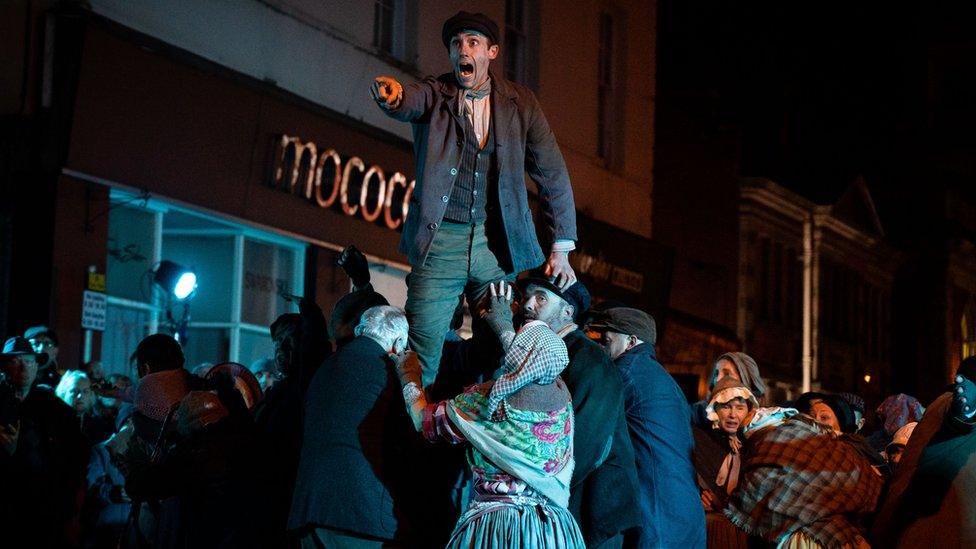
Theatr Clwyd took to the streets to depict the 1869 Mold riots
Seventeen-year-old Iestyn James, who grew up in Grangetown in Cardiff, got involved with dance clubs after school and set his sights on becoming a professional street dancer.
A full-time BTEC in dance with Rubicon has introduced him to new styles of dance.
"I would never have thought of ballet or contemporary. I had no idea what this 'ballet stuff' was," he said.
Plaid Cymru assembly member and committee chair Bethan Sayed said there was a responsibility on publicly funded big arts organisations to do more in communities.
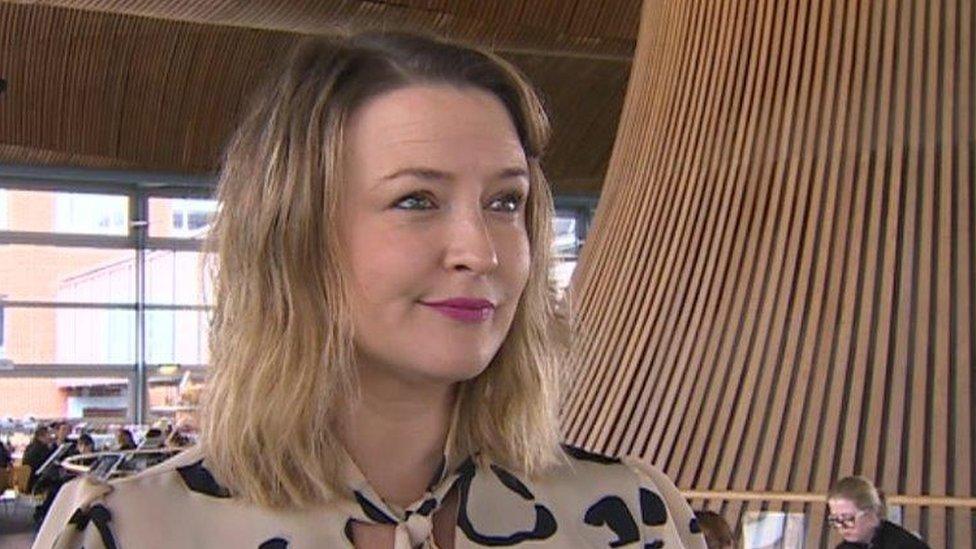
"The arts can change people's lives," says committee chair Bethan Sayed AM
"Not just to go in and do an event or a production, but to go in and co-produce, to ask what type of thing they would like to see, and how that relationship can then progress over the years," she said.
"I think the arts can change people's lives - their mental health, their view of the world, and how they interact with people in their communities. And therefore they create better community cohesion as a result."
The committee made eight recommendations, including calls for:
ACW to ensure the organisations it funds are properly reflecting the communities they serve
ACW and the Welsh Government to require all arts and cultural bodies they fund to "set out their objectives for tackling poverty and social exclusion in their strategic plans"
Transport for Wales to enter into "partnerships" with cultural organisations so travelling to events or venues could be free or reduced in price
The Welsh Government to increase its funding for a programme that links national bodies such as museums with schools and community groups.
The Welsh Government said it welcomed the committee's report and would respond in full in due course.
ACW, which distributes public funds, said the arts should be easily available to everyone.
"We're determined to break down the barriers that currently prevent this from happening and welcome the recommendations of this report," they said.
What community arts projects are already happening?
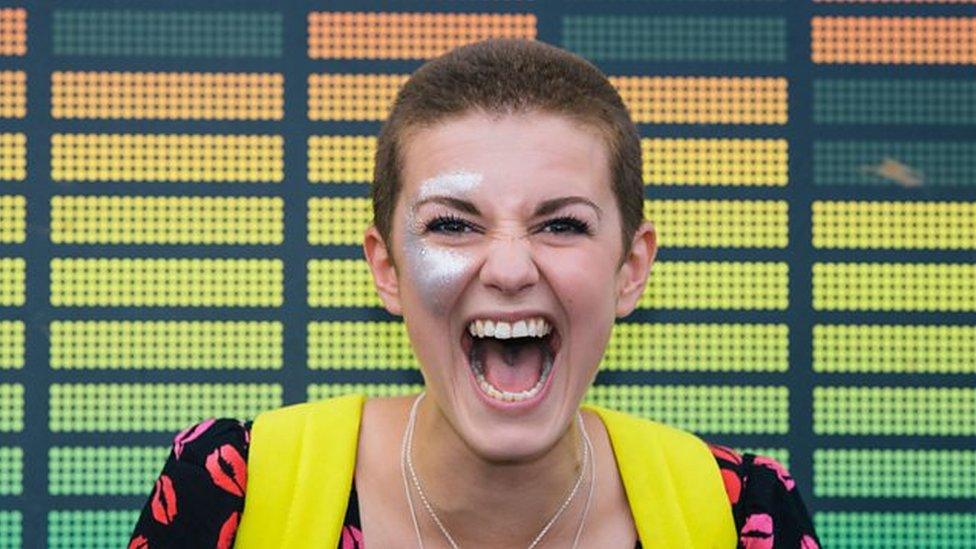
Theatr Clwyd's director of creative engagement Gwennan Mair wants to do a community-based project every year
The committee wants the arts to be accessible for all, and in recent years there have been efforts to take theatre out of traditional settings.
Earlier this year National Theatre Wales produced a show in Butetown Community Centre, external about the Cardiff race riots.
A Theatr Clwyd production recently took to the streets with its depiction of the 1869 Mold riots.
It featured a cast of 100 local people - and the theatre's director of creative engagement hoped it was a sign of things to come.
"We asked ourselves as we worked on Mold riots, 'who is our audience?'," said Gwennan Mair.
"Since January we've been working in the community - knitting groups, photography groups, film groups.
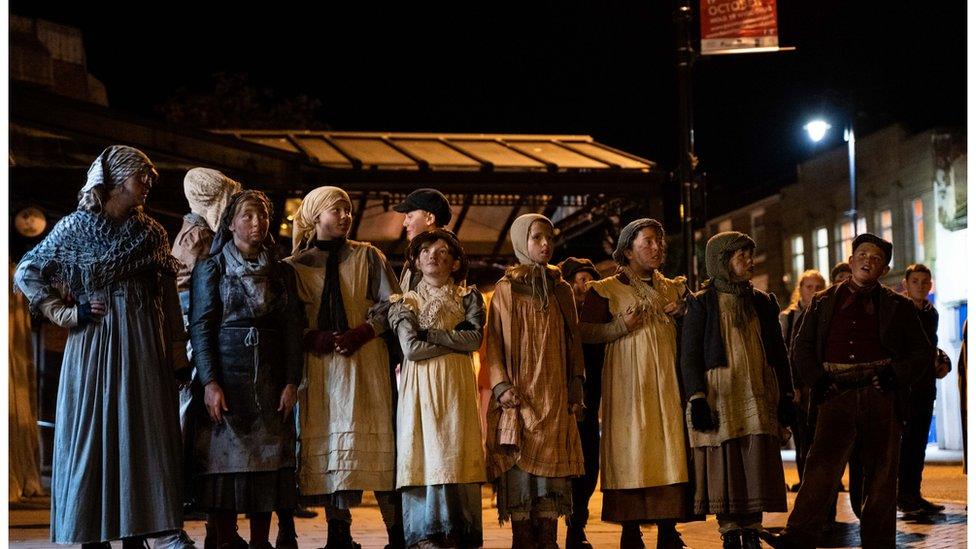
Gwennan Mair said Theatre Clwyd had worked with young people
"Through being out on the streets, we developed a relationship with young people, who had no interest previously in theatre, to try and get them involved.
"By the end, they watched the show and a week later, they even showed up at Theatr Clwyd, reciting the Mold riots script, wanting to get involved."
She added they needed to ensure it turns into "something long-term" and that they were aiming for a community-based project every year.
- Published3 November 2019
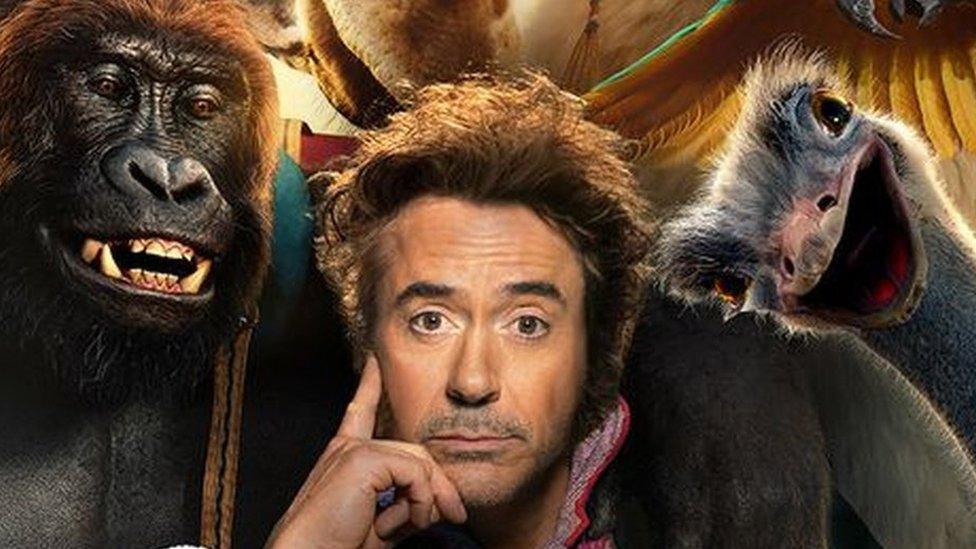
- Published20 September 2019
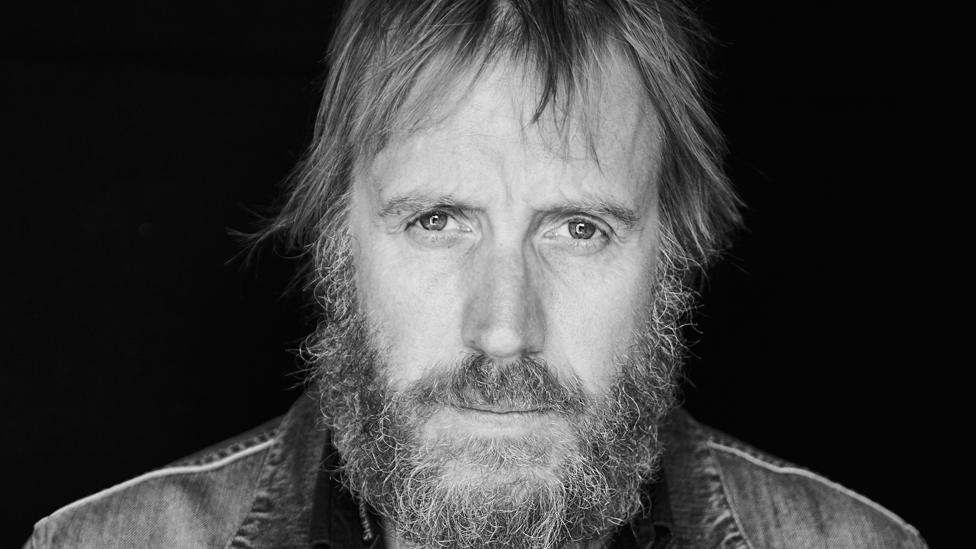
- Published3 June 2019
